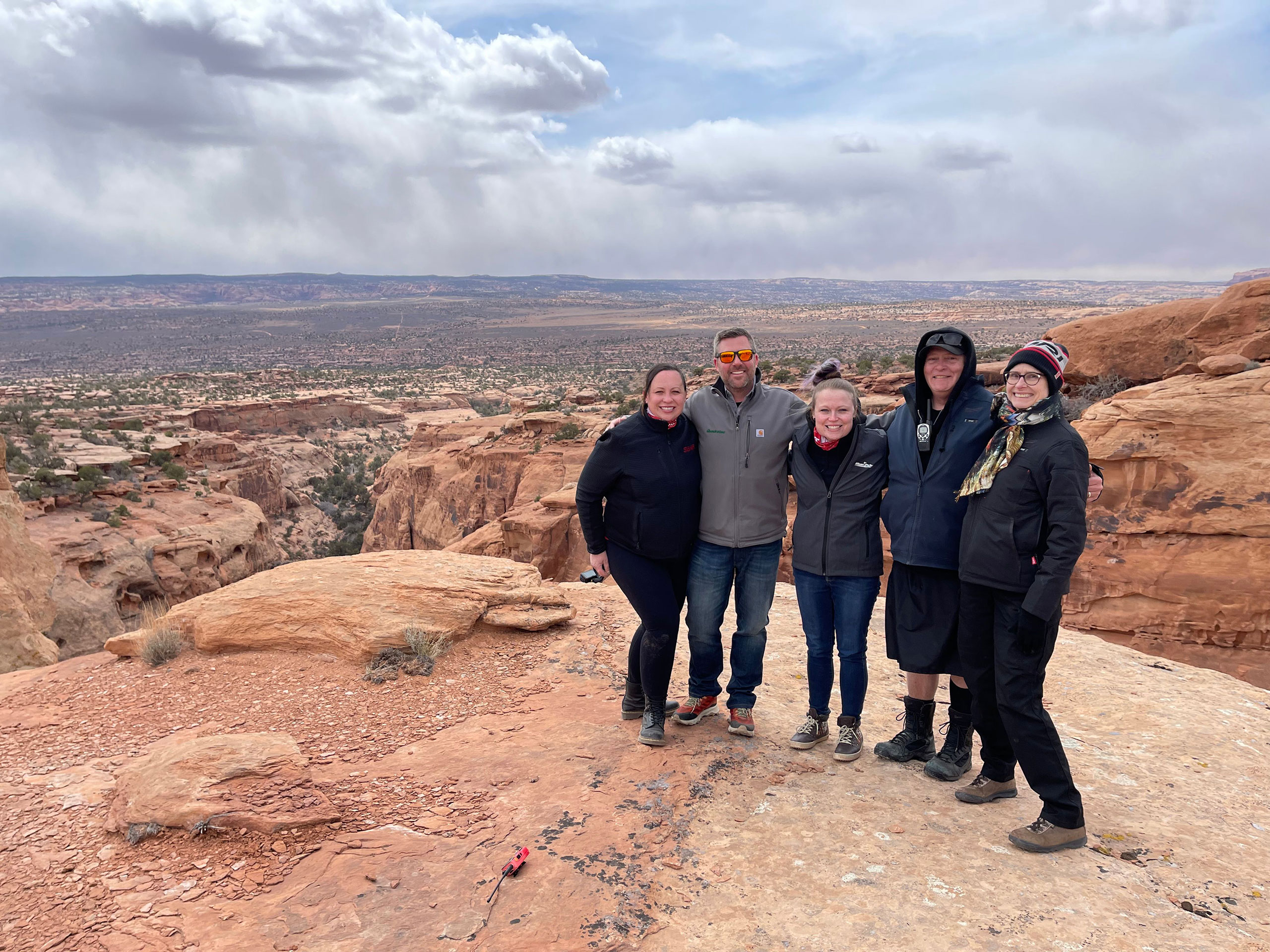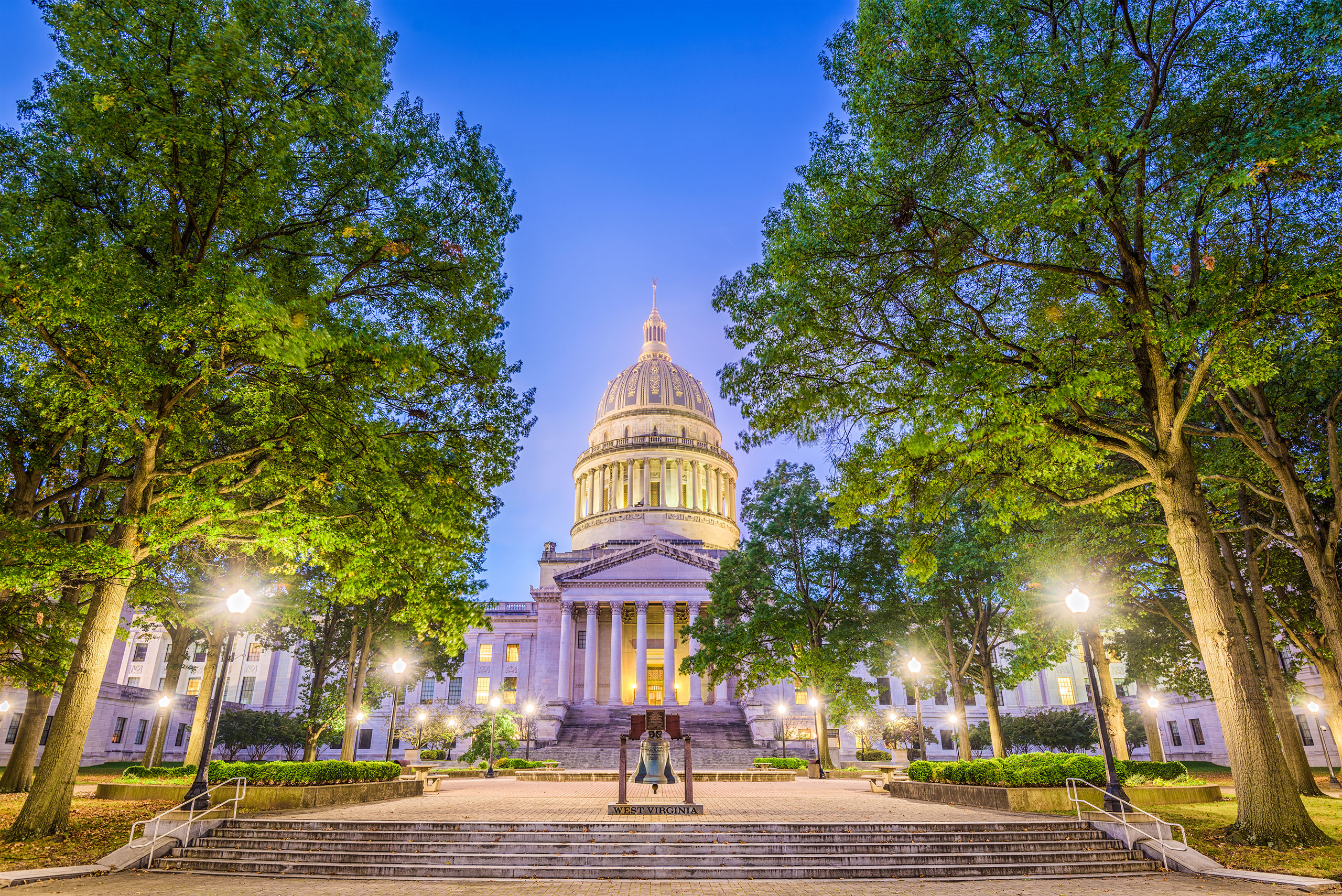LAW & ORDER
America’s Outdoor Recreation Act: Expanding Opportunities for Motorized Recreation

The onset of the COVID-19 pandemic posed many unique challenges to the United States, not least of which being the surge in visitation to public lands as outdoor enthusiasts sought refuge from the virus. According to the U.S. Bureau of Land Management (BLM), properties managed by that agency alone attracted more than 37 million visitors in 2020. Close to 1 million off-highway travelers visited BLM sites in that year, and with the continued expansion of the UTV and overlanding automotive sectors, that number should only increase in the coming years.
This increase in attendance represents the continuation of a long-term trend. A recent survey by Montana-based think tank Headwaters Economics estimated that visitations to lands managed by the U.S. Forest Service (USFS) and the BLM increased roughly 15% during the 2010–2019 time period—before COVID. On the flip side, the BLM and USFS have both experienced budget rollbacks of roughly the same percentage during the decade (much of the funds having been diverted to fire mitigation efforts in the Western United States).
Legislative Breaking News
- Rhode Island Re-Opens Comment Period for Internal Combustion Engine Ban
- UPDATE: Don't Wait—Please Comment on New Mexico's Proposed Clean Car Plan
- New Jersey Set to Ban Internal Combustion Engines
- Ask Your U.S. Representative to Support the CARS Act
- U.S. House of Representatives Passes Bill to Stop California's ICE Vehicle Ban
- EPA Pursues New Emissions Standards to Spur Transition to Electric Vehicles
- Ask Your U.S. Representative to Support the REPAIR Act
- Ask Your U.S. Senators to Support the American Outdoor Recreation Act
LEGISLATIVE FRONT LINES
The Fast and the Furious: From ICE Vehicles to Motorsports, SEMA Secures Wins in Multiple States

When it comes to getting things done in politics, it's no secret that the federal government moves at a pace that can only be described as glacial. While our esteemed congressmen and women are busy playing political games and filibustering themselves into oblivion, state legislatures are getting the real work done – and they're doing it at lightning speed.
Why do state lawmakers work so efficiently when compared to their colleagues in Washington, DC? For starters, state legislatures are much smaller and more nimble than their federal counterparts. With fewer representatives to wrangle and less bureaucracy to navigate, state legislators can often act quickly and decisively on issues that matter to their constituents. Want to pass a bill on healthcare reform? In a state legislature, that might take a matter of weeks. In Congress, it might take a matter of years.


